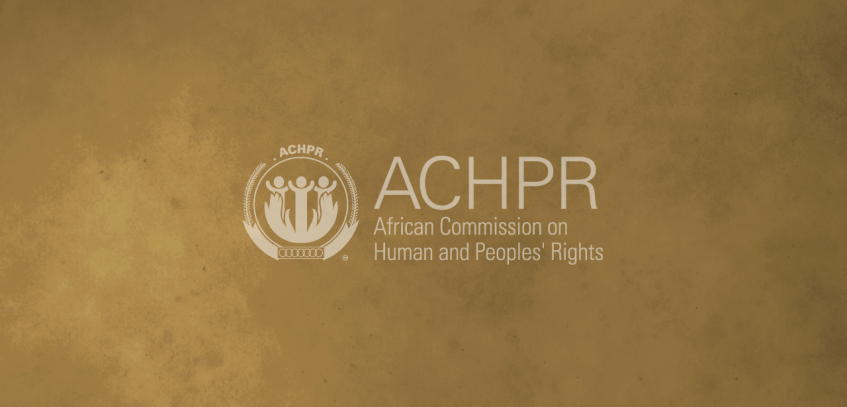The African Commission on Human and Peoples’ Rights (African Commission) joins Rwanda, the African Union (AU) member States and the international community in the commemoration of the 1994 genocide against the Tutsi, pursuant to Assembly/AU/Dec.695 of July 2018, designating 7th April of each year as the African Union Day of Commemoration of the 1994 Genocide Against the Tutsi in Rwanda and the UN General Assembly Decision 72/550 of 26 January 2018 designating 7th April as the International day of reflection on the 1994 Genocide Against the Tutsi in Rwanda.
The African Commission wishes to pay tribute to all those who lost their lives and expresses its solidarity with and honors the inspiring recovery of the survivors of the genocide. The African Commission commends Rwanda for its continued remembrance of those who lost their lives, limbs, homes and loves ones, and for the remarkable progress that it has achieved in rebuilding the social and physical infrastructure destroyed by the violence. In the same vein, the African Commission reminds the authorities of the need for ensuring that reversals are avoided through both fighting against the ideology of genocide and genocide denialism, and upholding the rights and freedoms enshrined under the African Charter on Human and Peoples’ Rights (African Charter).
The African Commission recognizes that the lessons from the 1994 genocide, that our societies must be vigilant against ethnic, cultural, racial and religious acrimonies, hate speeches, as well as incitement to violence against members of ethnic, cultural, racial or religious groups, remain hugely relevant today as in previous years.
Heeding these lessons and honoring the memories of those who endured the violations of the genocide requires that the AU and the international community do not allow themselves to be spectators in the face of gross violations of human and peoples’ rights and international humanitarian law, and mass atrocities, irrespective of the conditions of conflict occasioning such violations and atrocities.
The African Commission finds in a number of national contexts coming to its attention, manifestations of lack of regard to lessons from the genocide and expresses its alarm by the spread of hate speech, xenophobia, religious radicalism and extremism, violent nationalism, the propagation of inter-communal violence, and denialism of the 1994 genocide, which create the conditions for mass violence including genocide, ethnic cleansing, war crimes, and crimes against humanity, contrary to Article 4 (h) of the Constitutive Act of the AU.
On this solemn occasion, the African Commission reminds States parties to the African Charter that they bear the primary responsibility for taking legislative, institutional and educational measures to prevent the conditions that lead to genocide and other forms of mass atrocities, and that they have obligations for enabling both the investigation of reports of mass atrocities and the provision of accountability and remedial measures, including through instituting transitional justice processes as envisaged in the AU Transitional Justice Policy and the African Commission’s Study on Transitional Justice and Human and Peoples’ Rights.
Commissioner Solomon Ayele Dersso, PhD
African Commission on Human and Peoples’ Rights’ Focal Point on Transitional Justice and Focal Point on Human Rights in Conflict Situations








